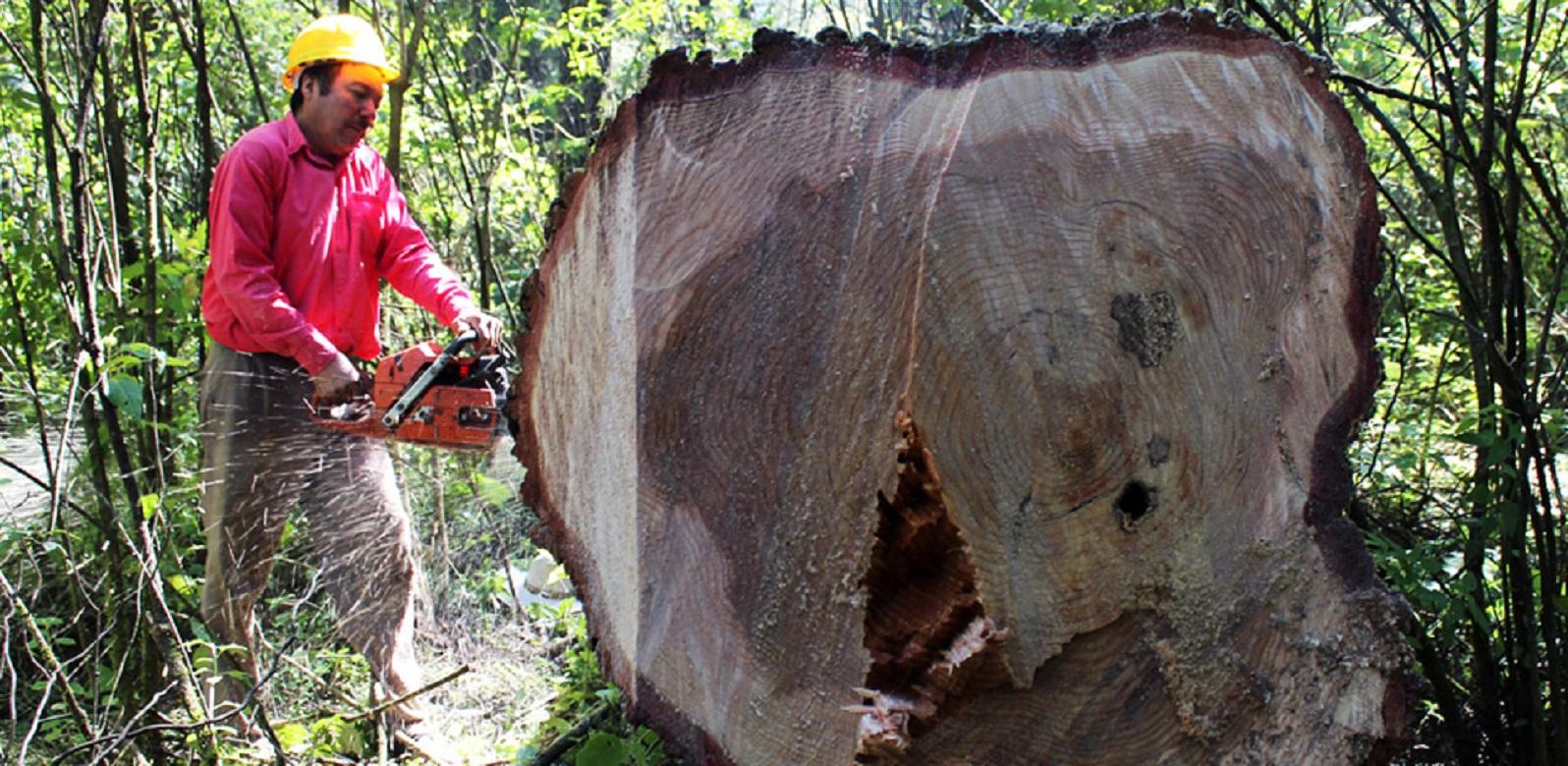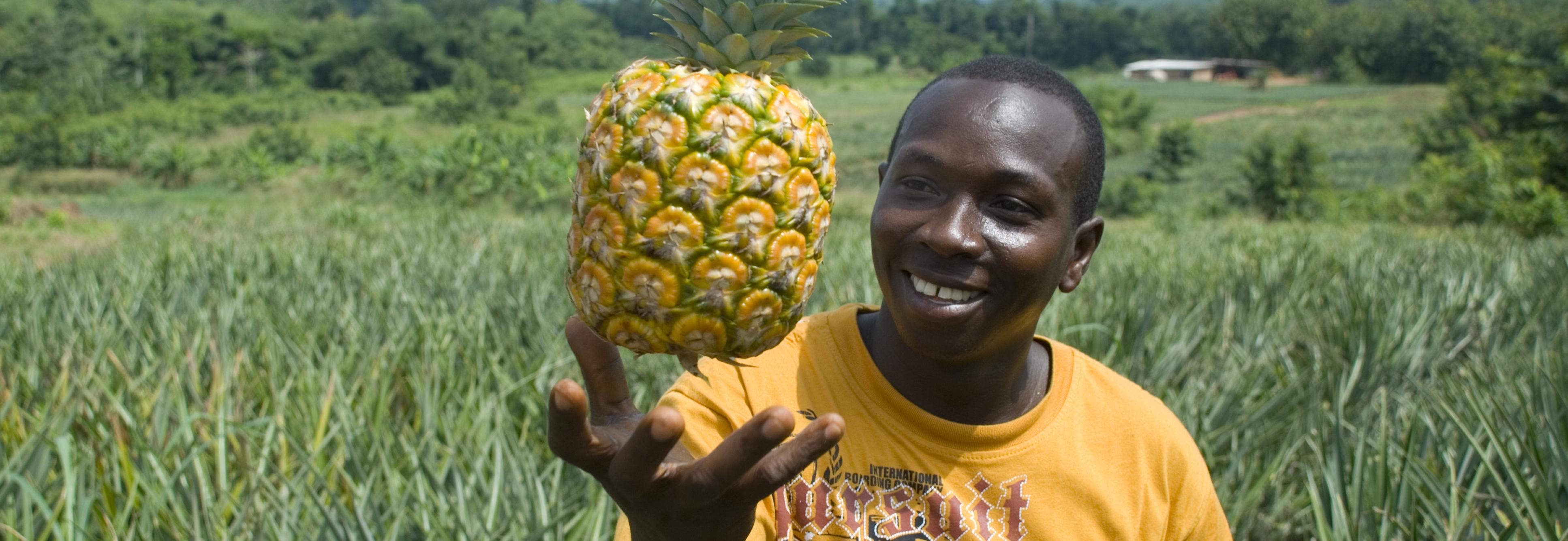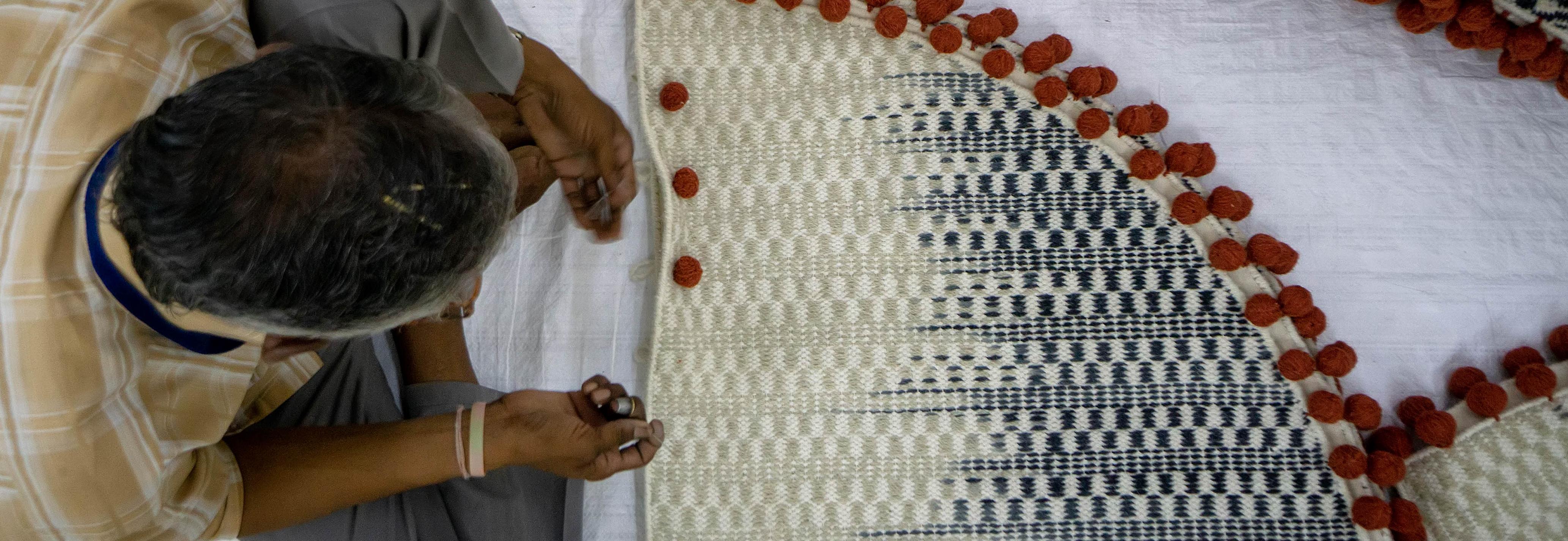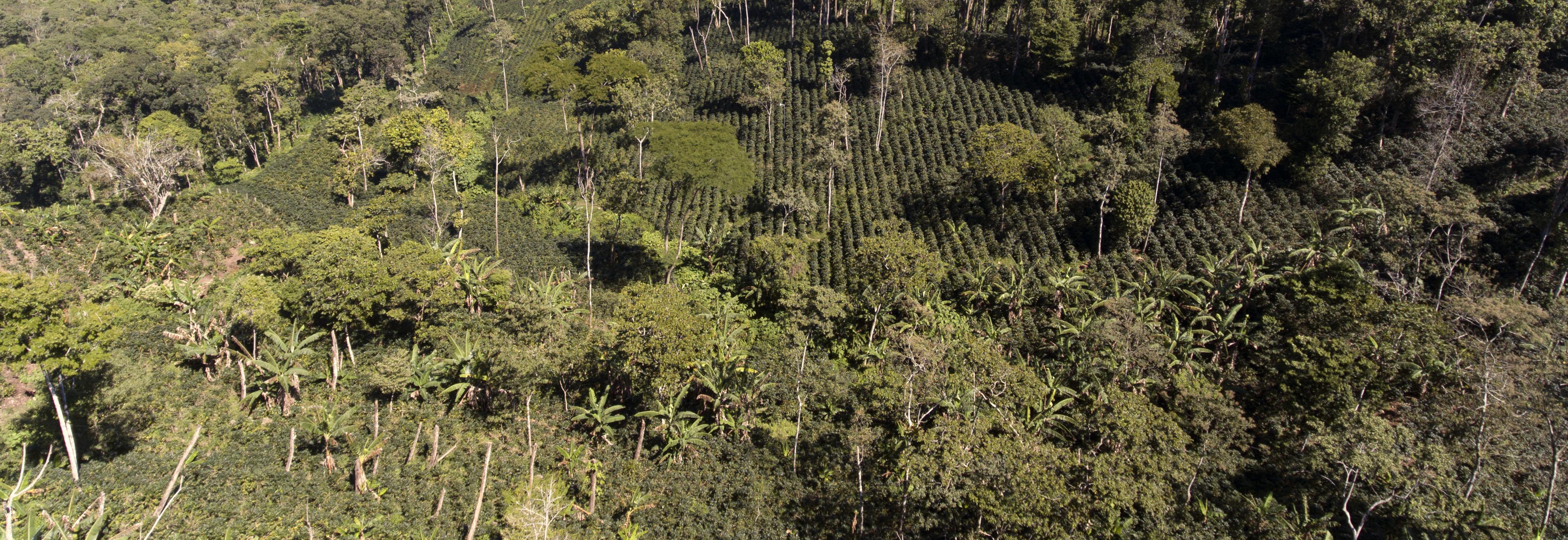IKEA chooses sustainability standards to help create a better everyday life
For IKEA, creating a sustainable world is a natural extension of making every day more wonderful. The values of IKEA have expanded from creating a better everyday life for people through affordable home furnishings to creating a better everyday life for people in the supply chains creating those furnishings.
IKEA Group's Sustainability Strategy for 2020, People and Planet Positive states: "A sustainable world that provides a great quality of life for many people, respects human rights and protects the environment is possible" and "IKEA can be a small, but significant, force in helping to create this more sustainable world." There is, of course, a business imperative for seeking such a sustainable world.
The strategy acknowledges: "When it comes to the IKEA business, unless we act boldly, price increases for energy, wood, textiles, metals and plastics will affect our costs and force price increases for our customers. Even if concerns about sustainability or climate change are put to one side, being careful with resources, managing costs for the future, controlling energy use and looking after your people is good for business."
With sustainability becoming an integral part of every aspect of IKEA, the business has chosen to source many of its raw materials from farms or forests certified by a range of sustainability standards.
Much of its timber is Forestry Stewardship Council (FSC) certified, many of its furniture and cotton ranges are sourced to Better Cotton Initiative (BCI) standards, by the end of this year 100% of the palm oil in its candles will be Roundtable for Sustainable Palm Oil (RSPO) segregated with full traceability back to mills, the coffee as well as the cocoa in chocolate bars is UTZ Certified and it is aiming for all the seafood served in its restaurants and sold in its Swedish Food Markets to come from Aquaculture Stewardship Council (ASC) or Marine Stewardship Council (MSC) certified farms and fisheries.
So why choose certification to meet sustainable sourcing goals?
Anders Lennartsson, Sustainability Manager for IKEA Food Services, explains: "We decided to do something with coffee because we were aware of the social and environmental conditions in the coffee production. We didn't have the competence or the resources to control and lead that work ourselves so third party certification was the answer for us."
"We looked at the different certification schemes and were very impressed with UTZ's way of working and their values, which were very much like IKEA = simple, honest, humble, cost-conscious. So it was a perfect match from the start. Their code of conduct was similar to our own code. A real mainstream certification making a lot of difference for a lot of people in origin regions, but also allowing us to sell and serve coffee at affordable prices."
"By partnering with a certification programme, we have full trust that our suppliers doing the sourcing and the whole supply chain is following the standards that are set up."
In some cases, certification completes the chain of sustainable sourcing, complementing and going further than the companies' own sourcing programmes. IKEA's supplier code of conduct is called IWAY and was first introduced in 2000.
It specifies the requirements that are placed on suppliers and covers working conditions and workers' rights, the prevention of child labour, the environment and responsible forestry management. Lennartsson finds working with UTZ complements IWAY. "We benchmarked the two codes and found they were very alike, with nothing going against each other, which is a huge advantage."
Meeting expectations of consumers
Anders Lennartsson says: "Our customers expect that we are sourcing responsibly produced coffee, and having UTZ certification confirms that for them. Consumers are really positive when they find out and it increases trust in the company.
By doing this we make it possible for customers to make a conscious choice of a good product - from a trusted retailer - that is better for the environment and for the workers that produce it."
As well as enhancing trust from consumers, certification also increases trust in the company for employees. Anders Lennartsson says: "Among coworkers, it adds to the pride in IKEA when we take the steps we have done for coffee, cocoa and tea, which are all UTZ certified, as well as our range of organic, MSC and ASC certified seafood. It adds to the trust and pride of the co-workers that we are a company that is putting sustainability at the front."
Daan de Vries, Markets Director at UTZ Certified, says: "IKEA and UTZ share a strong ambition towards a better future. We're proud to have worked with them for many years. IKEA goes all the way: it's not just the coffee at the stores that is UTZ certified but at all their offices and factories worldwide. They have also set an example for communicating to consumers and employees about that choice. They continuously look for the next step. We were thrilled that after the roll-out of their UTZ certified traceable coffee policy in 2008 they committed to 100% UTZ certified cocoa and tea by 2015. IKEA shows how the integration of sustainability throughout the organisation makes business sense."
Addressing increasing pressures on resources and energy
Increasing pressure on the availability of resources and energy encouraged IKEA to move towards sustainable sourcing of raw materials, renewable energy sources and responsibly forestry. IKEA was amongst the founding members at the FSC Founding Assembly held in Toronto, Canada in 1993 and has since been including the sourcing of FSC materials into its sustainable sourcing strategy and investing in increasing FSC certified forests.
Anders Hildeman, Global Forestry Manager at IKEA says: "We have set targets for markets where we perceive real sustainability challenges. China is one of those markets and we have set a target of sourcing 100% FSC certified or recycled timber by 2017.
By setting ambitious targets we will contribute strongly to sustainability in this region, more so than in less challenging markets where there is good governance, high forest management standards and control of corruption. We are actively supporting FSC certification on the ground and working with supply chains to increase the availability of sustainably sourced timber."
"If we had to send our own auditing teams to each forest, we would be training them to assess forests in more than 50 countries where we are sourcing from. By relying on FSC local experts to assess the forest independently, these costs are shared by other customers.
This also reduces the number of audits on the forests' management. Certification is a powerful way of explaining the principles behind wood sourcing but it is not a silver bullet. You always will have risks and you need to understand that the system will only protect you depending on how robust it is."
Ensuring certification works for business
IKEA is keen to ensure that, as well as maintaining credibility and simplicity of their systems, sustainability standards also create business advantages for companies choosing certification.
That may be through consistencies in supply to meet demand as well as consistencies in the rules of certification. IKEA predicts increased wood from more sustainable sources will be good for business. Its message to suppliers and traders is that working with IKEA to improve the supply chain, with its volumes and its model, will lead to business growth. Anders Hildeman concludes:
"Our aim is to provide well designed, functional, good quality products with sustainability aspects incorporated at a price consumers can afford. If they cannot afford it, it cannot be sustainable. So we have to offer sustainable products at an affordable price"
Originally published 2014



